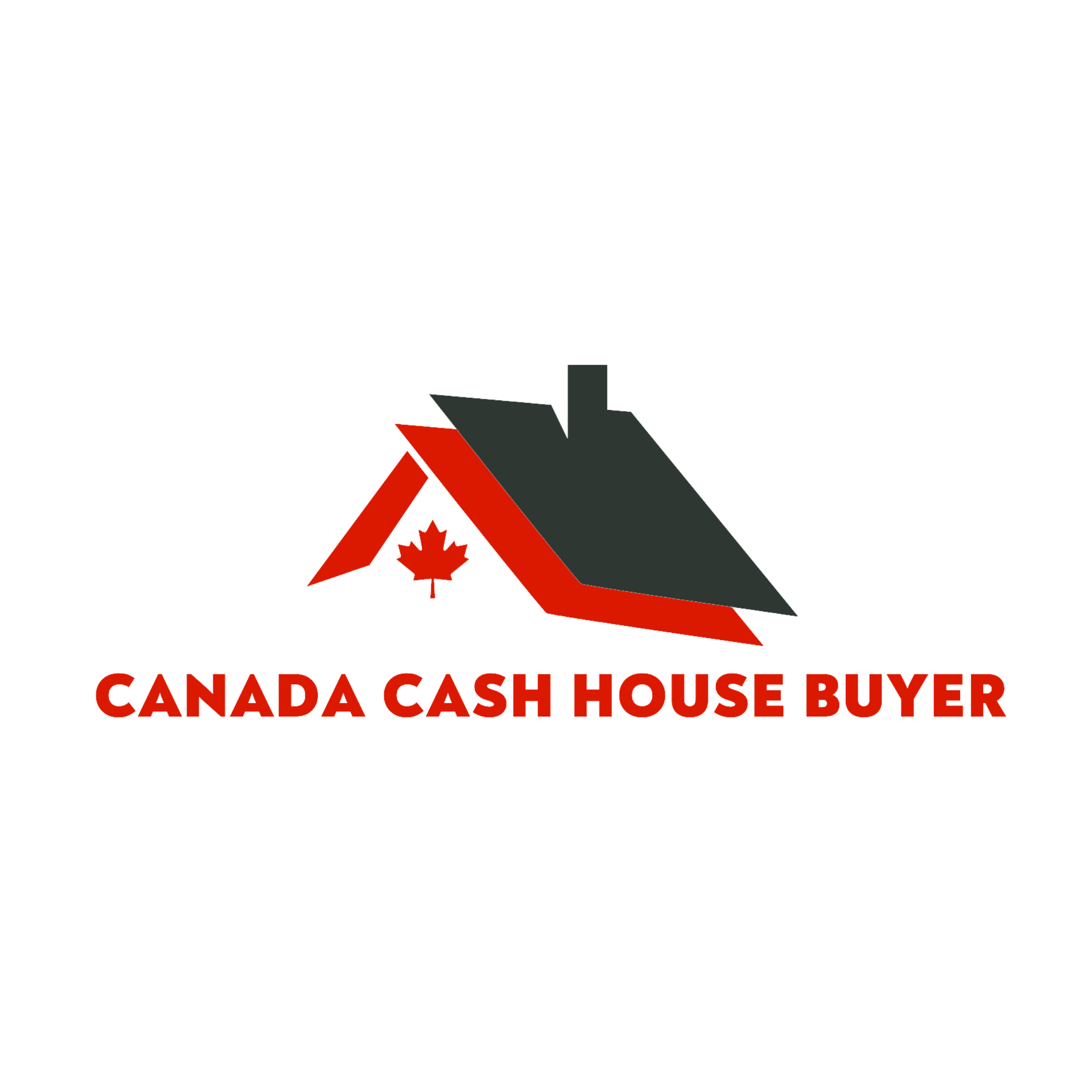If you’re looking to sell your home quickly and without the hassle of traditional listings, chances are you’ve come across cash house buyers. They promise a faster, simpler process—and they often deliver. But here’s the catch: not all cash offers are created equal.
To get the best result, you need to understand what they’re looking for—and how to position your home in a way that makes them more likely to pay top dollar. Whether you’re selling a distressed property or simply want to avoid agent fees and open houses, this guide will show you exactly what attracts serious cash buyers and how to secure the strongest offer possible.
Who Are Cash House Buyers?
Cash buyers are individuals or companies that can purchase a property without relying on mortgage financing. This could include:
- Real estate investors
- House-flipping companies
- Buy-and-hold landlords
- iBuyers or home-buying companies
Unlike traditional buyers, they aren’t waiting on bank approvals—and they typically want to close quickly. That’s a huge benefit to sellers who are on a deadline, relocating, or simply want certainty.
What Cash Buyers Actually Care About
While traditional buyers might be emotionally driven by staging, layout, and the smell of fresh cookies, cash buyers are more strategic and transactional. Here’s what really matters to them:
1. The Numbers
Cash buyers run the math. They’re looking at:
- After Repair Value (ARV): What they think the home will be worth after upgrades.
- Repair Costs: What it’ll take to get it there.
- Profit Margin: Most cash buyers want at least 10–20% margin on resale.
If your asking price doesn’t leave them enough profit after repairs and expenses, the offer will reflect that. Understanding this formula puts you in a stronger position when negotiating.
2. Condition
Cash buyers don’t expect perfection—but they need predictability. The fewer unknowns, the more confident they feel. Common red flags that lower offers:
- Foundation issues
- Roof or HVAC problems
- Mold or water damage
- Major plumbing or electrical faults
If you know of any of these, transparency is key. Disclose them early, and if possible, provide quotes so the buyer can estimate repair costs accurately.
3. Ease of Transaction
Remember—these buyers value speed and simplicity. They’re far more likely to offer better terms if:
- You’re flexible on closing
- There are no major delays or contingencies
- Paperwork is in order (title, tax info, disclosures)
Being organized and cooperative improves their confidence—and your price.
4. Your Motivation
Yes, buyers want to know why you’re selling. Are you behind on payments? Relocating for work? Inheriting a property you don’t want? Motivated sellers who can close quickly are more attractive—but don’t mistake motivation for desperation. You can be flexible and professional without accepting a lowball offer.
How to Get a Better Offer From Cash Buyers
Now that you know what they look for, here’s how to make your home—and your deal—more attractive.
1. Know Your Numbers First
Before even talking to buyers, understand your home’s fair market value in its current condition. Use recent comps, online estimators, or get a professional appraisal. This prevents you from being blindsided by low offers.
2. Gather Repair Estimates
If there are visible or known issues, get a couple of quotes. This shows transparency and can actually help buyers make higher offers by removing the guesswork.
3. Get Multiple Offers
Don’t settle for the first number you hear. Reach out to 3–5 reputable local buyers and compare:
- Offer amount
- Closing time
- Fees or commissions
- Inspection requirements
- Who pays for closing costs
This puts you in control and encourages buyers to stay competitive.
4. Negotiate Based on Net Value
Cash offers are often lower than market listings—but the math works differently. You’re saving on:
- Agent commissions (5–6%)
- Repair and renovation costs
- Staging and holding expenses (mortgage, utilities, taxes)
Run the numbers and counter-offer if needed. A small bump in price or shifting closing costs could mean thousands more in your pocket.
5. Use a Real Estate Attorney or Title Company
Even with a cash deal, you should protect yourself. Have all agreements reviewed and use a professional third party to handle closing. This reassures both parties and keeps the process smooth.
Common Mistakes to Avoid
- Hiding major issues: They’ll find them. It damages trust and could kill the deal.
- Accepting verbal offers: Always get it in writing.
- Not reading the fine print: Watch for hidden fees, “option” clauses, or inspection contingencies.
- Letting urgency cloud judgment: Fast doesn’t mean careless. Take a beat, review the deal, and move forward confidently.
Real-Life Example: Jason’s $12K Mistake
Jason had an aging home in Ontario he wanted to sell fast. He accepted the first cash offer—$320K—thinking it was decent. A week later, a neighbour recommended getting a second opinion. He reached out to another buyer and got $12K more with a faster closing. A simple second offer would’ve saved him a big regret.
Final Thoughts
Cash buyers can be the perfect solution when you need speed, certainty, and simplicity. But like any real estate transaction, knowledge is your best defense. Understand what these buyers want, position your home strategically, and negotiate from a place of confidence.
Don’t just sell fast—sell smart.
